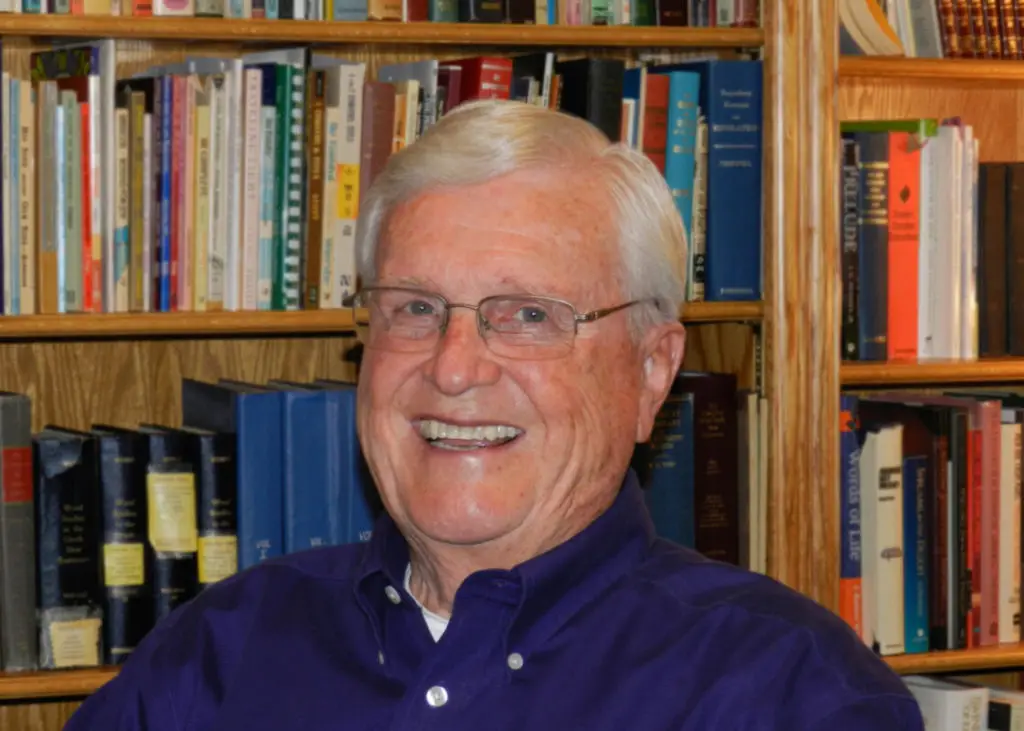Timothy, a disciple of Jesus and the Apostle Paul, was in a position to set in order matters in the early church at Ephesus. Paganism, cultural revolution, and radical Christianity are all manifest in that early church. At this point, Timothy might be looked upon as a novice. The problems noted in chapter one will help us see the environment in which Paul makes a very strong recommendation. The recommendation was to give prayer first place in the church. See 1 Timothy 2:1-8
Outside of the church, they had a pagan, godless emperor and a society that was hostile to faith and to King Jesus. The options they faced were like those we face today—get mad, have a pity party, organize political movements, withdraw from society, debate, cower in doubt and fear or they could pray!
Prayer was to be the “first” priority of the church. Prayer would provide them with hope, confidence, and an anchor for being strong and stable in the chaos. It would divert their attention away from their inadequacies to the sufficiency of God. It was a weapon of warfare, against which no force had an answer. It was an activity that every believer could employ to do their part in the battle. Knowing these things, Paul asked “men everywhere to pray, lifting up holy hands without anger or disputing.” (Verse 8)
Prayer was to impact every aspect of their culture. All kinds of prayer for all kinds of people seemed to be the watchword for Christians “for all people, for kings and all those in authority, that we may live peaceful and quiet lives in all godliness and holiness.” (Verses 1b and 2)
The church was not viewed as a foe contending against the government, but as a friend. The upshot of such focused prayer is that the church is provided a climate in which her Gospel truth may be freely and vigorously proclaimed “in a quiet and peaceful” setting.
Prayer relates to people being saved. “This is good, and pleases God our Savior, who wants all people to be saved and to come to a knowledge of the truth.” (Verses 3-4)
Two painful questions force themselves upon us in our society.
One, if prayer was to create a “quiet and peaceful” society in the first century Roman world, might we conclude that the cultural chaos, upheaval, division and conflict we are experiencing today is because prayer does not have priority in our churches?
Two, if prayer was to make possible greater evangelistic results in the first century, might we conclude that our declining, discouraging, and dismal efforts in evangelism are the result of neglect of prayer?
This article was written by Dr. Don Moore, retired executive director, ABSC.

